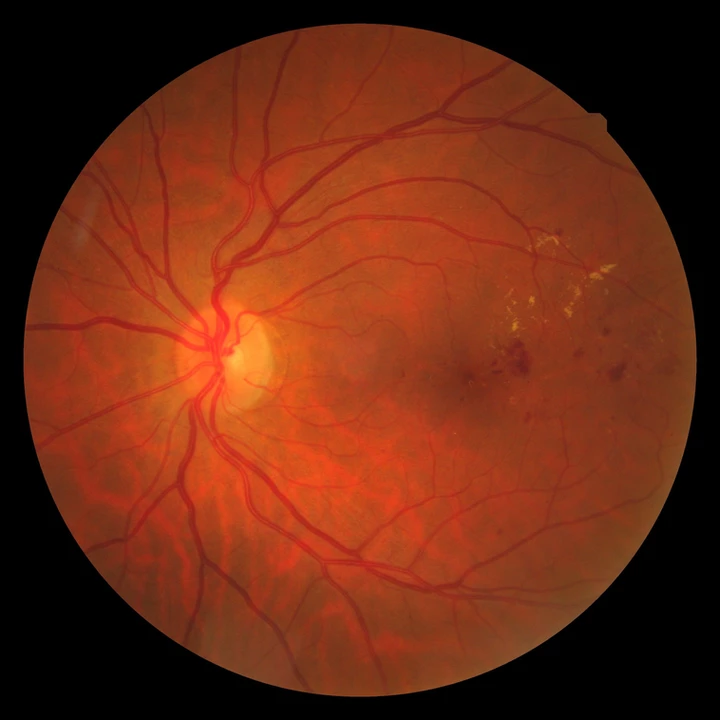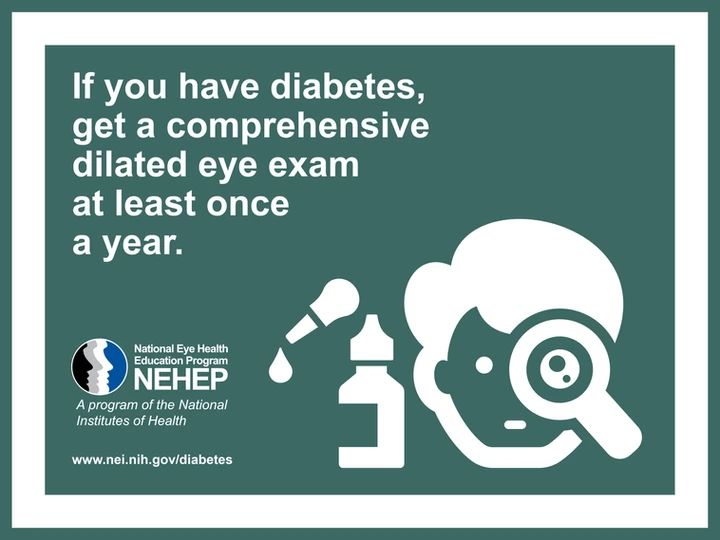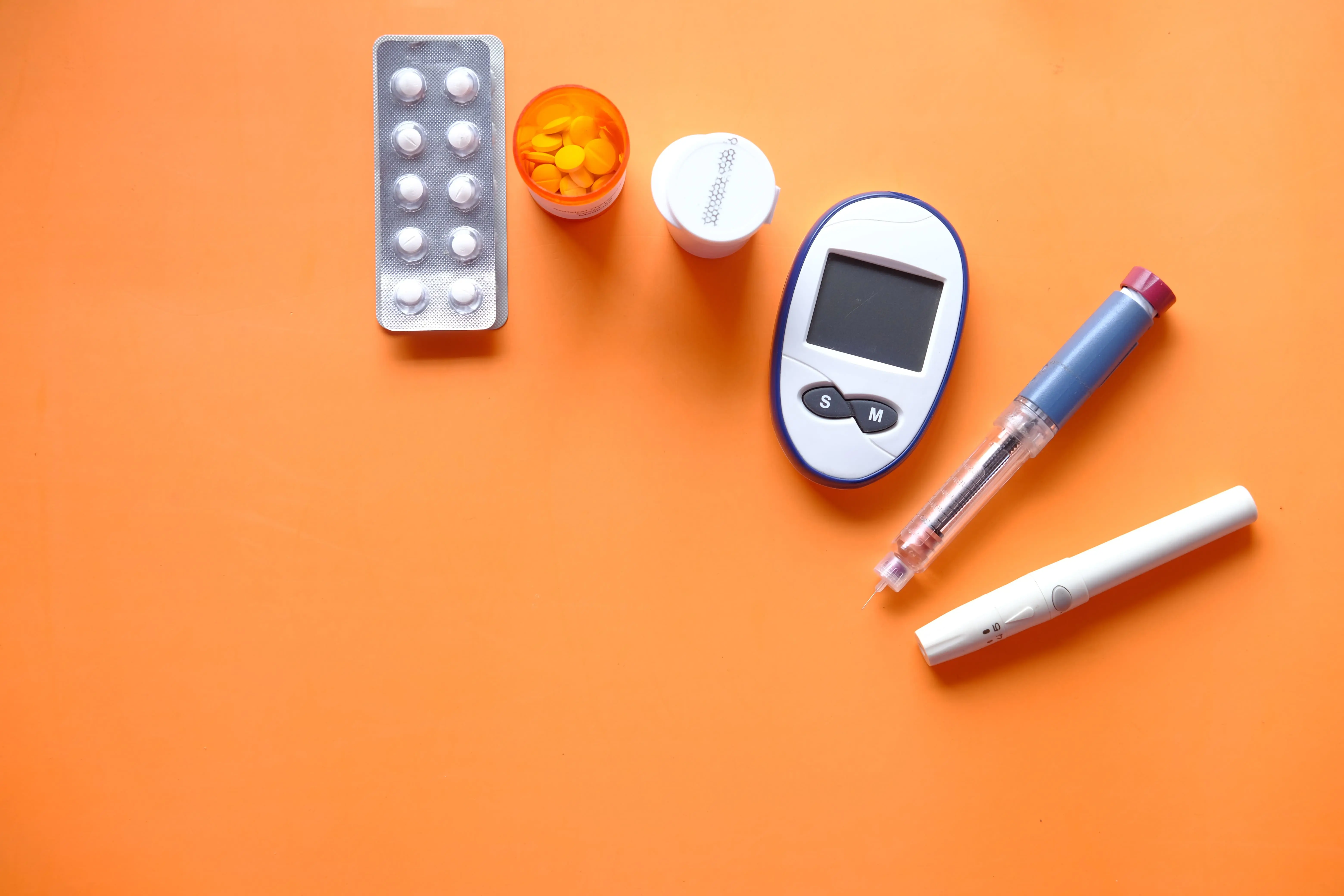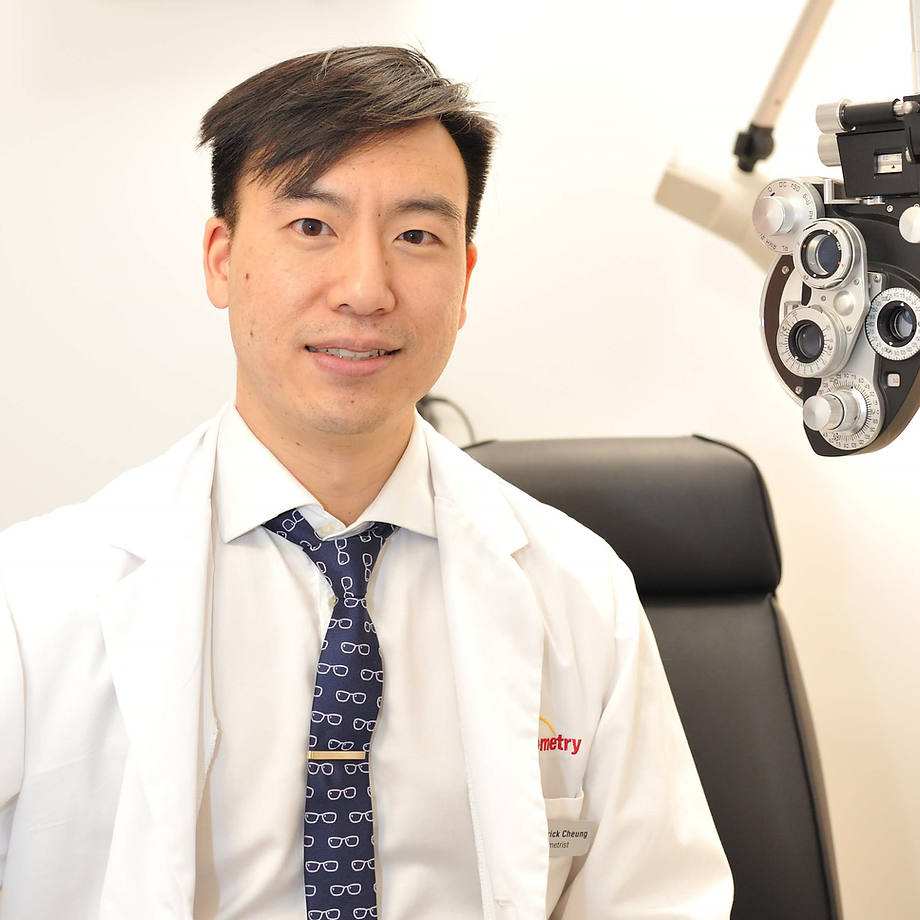What is diabetes?
Diabetes is a serious and sometimes life-changing disease deriving from the body's inability to produce or effectively use insulin, a hormone that controls the amount of blood glucose (sugar), which is an energy source. Since individuals living with diabetes do not produce or effectively use insulin, they are prone to high blood sugar levels, which can damage organs, blood vessels, and nerves.
According to Statistics Canada, about 7% of the population above the age of 12 have diabetes. This is about 2.1 million people.
There are 3 main types of diabetes. This includes:
- Type 1, which is usually diagnosed in children and adolescents
- Type 2, which usually develops in adulthood
- Gestational diabetes, which occurs during pregnancy
It is important to have regular health exams with your family doctor to see if you have diabetes. It can be treated with proper diet, exercise, and medications, which can help to regulate blood sugars for people with diabetes.
How does diabetes affect the eyes?

Diabetes can seriously affect your eyes in many different ways. In some cases, this may cause temporary or permanent vision loss. According to the Canadian Institute for the Blind, diabetes is the number one cause of blindness in Canada for working-age people. The National Eye Institute reports vision loss from diabetes can be prevented 90 percent of the time with early detection and regular dilated eye exams.
Annual eye exams are critical for people living with diabetes, and are covered by OHIP regardless of age. At York Medical Eye Care, we are able to perform a comprehensive eye exam to check for diabetes. We also have a retinal camera and retinal scan that is used for early detection and monitoring of diabetes in the eye.
An eye exam can detect the presence of diabetes, as well diabetes-related eye problems such as:
Diabetic retinopathy
Diabetic retinopathy occurs when there is a weakening or swelling of the tiny blood vessels inside your eye. This results in blood leakage, the growth of new blood vessels, and other changes.
Vision problems
- Fluctuating or blurring of vision
- Occasional double vision
- Loss of visual field
- And more
Glaucoma
Glaucoma is associated with elevated pressure within the eye and can lead to serious vision loss if not detected and treated at an early stage.
Cataracts
Cataracts cause cloudy vision and glare due to the lens inside the eye losing its transparency over time. Cataracts can require changes to your glasses or surgical removal.
Full or partial paralysis of muscles that move the eyes
This can lead to eye misalignment, and consequently double vision.
Decreased corneal sensitivity
Diabetes can damage the nerve endings of the cornea (the clear dome-shaped covering the front of the eye). This can lessen the cornea's ability to respond to stimulation, such as a foreign body.

What is important to always remember is that your eyes are a part of your body. Diabetes is a systemic condition that will affect your body as well as your eyes. The eyes are an essential part of the body to look for diabetes. Without having to draw blood, we are able assess the blood vessels your eye to look for diabetic changes with a dilated fundus exam. With the retinal pictures and scans, we are able to detect changes earlier than ever before and monitor these changes over time.
If there are diabetic changes within your eye, there are likely going to be diabetic changes in the rest of your body as well. As always, listen to your family doctor or specialist to determine what combination of diet, exercise, and medication will be the most effective treatment for your diabetes. Treating diabetes requires managing your lifestyle, so make sure you make an annual eye exam a part of your routine.
For any questions or if you would like to book an appointment, Dr. Patrick Cheung and the team at York Medical Eye Care can be reached at (905) 836-1112 or info@yorkmedicaleyecare.com.


